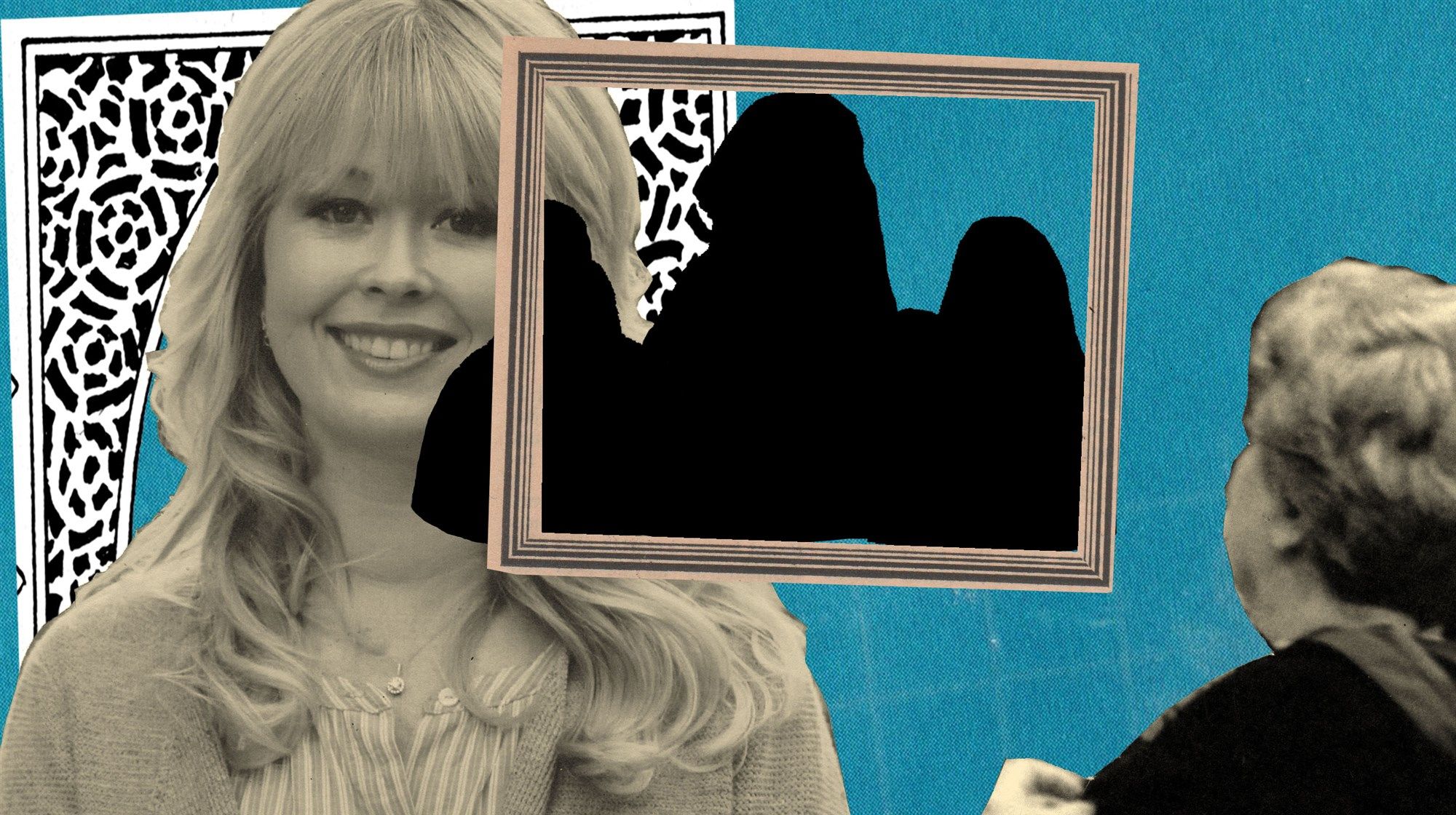
Nadine Jolie Courtney is the author of the new novel All-American Muslim Girl. The YA book is about a sixteen-year-old girl’s rite-of-passage as she explores her Islamic faith, and encounters such things as first love and xenophobia. In this op-ed for NBC News, the author writes about her personal experiences with Islamophobia as a self described “white, blond Muslim,” and here are some snippets from the powerful piece:
— As a white-passing Muslim — the daughter of a Jordanian-Syrian immigrant of both Circassian and Western Asian descent and a white, blonde Roman Catholic of Swiss-Austrian descent who converted to Islam when she married my dad — I’ve been privy to Islamophobia my entire life. It’s just that the Islamophobia I’ve been subjected to is a uniquely subtle version…. people assume I’m one of them, safely in the club, and insult Muslims in front of me — not realizing the community they’re insulting is mine, too.
— It’s hard to put into words how emotionally devastating it is to hear people say horrible things about Muslims, how demeaning and dehumanizing it feels; it’s corrosive on a molecular level.
— Over the years, I’ve realized from my own experiences and those of other Muslims that there seems to be a dichotomy in many American minds between “good Muslims” and “bad Muslims.” Bad Muslims are scary Muslims: ones who pray five times a day and wear hijab or niqab (a facial covering) or have long beards. A good Muslim is one who seems as American as possible and has completely assimilated.
— Sadly, as a Muslim woman, you’re damned if you do, damned if you don’t. Those like me who don’t show any visible markers of Islam are often lumped into the problematic “good” category. Muslim women who choose to wear hijab, in contrast, are not only frequently targeted by bigots — not to mention subject to quiet, insidious forms of discrimination in situations such as the workplace — but also offensively held up as examples of women who “need” to be “liberated.”
— While I used to feel frustrated by my appearance as it relates to my heritage — the blonde sheep in my family who never quite fit in — I’ve chosen to use my passing privilege out in the world to educate, correct and hopefully build bridges through my writing.



